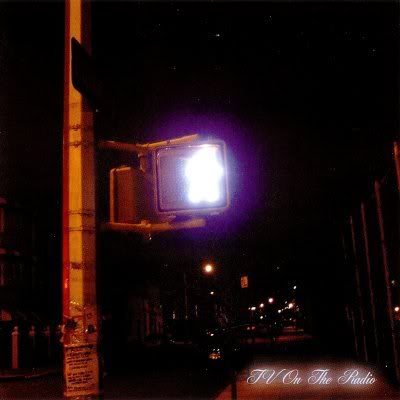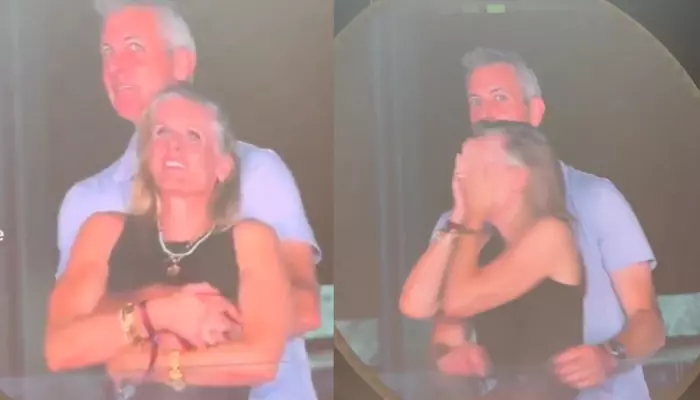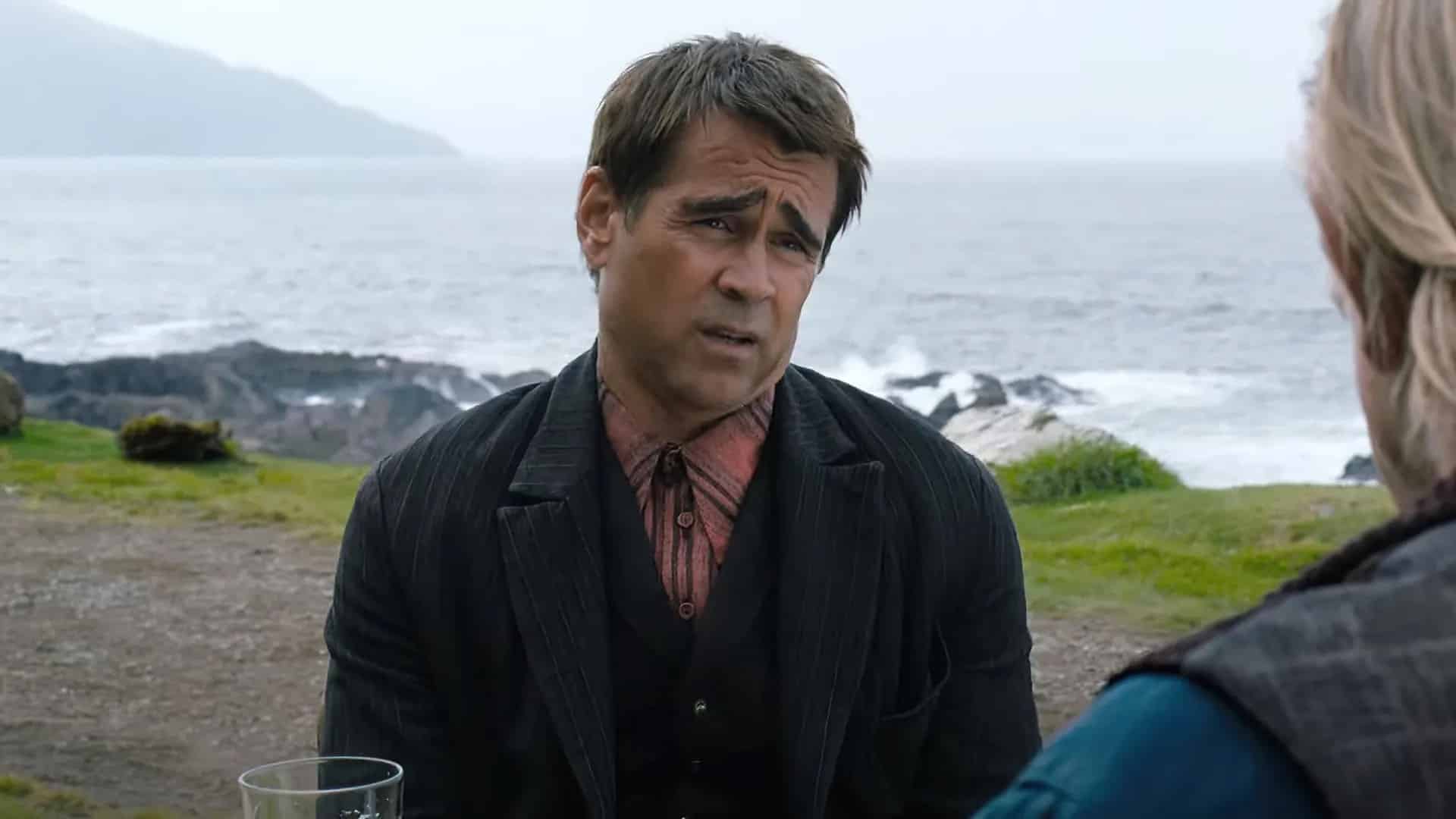With the recent release of TV on the Radio’s latest “official” record, Nine Types of Light, I wanted to look back at the release that introduced me (and most of the music listening world) to the band — 2003’s Young Liars. Please be forewarned – this is hardly a proper Revisiting article — expect that review in the coming weeks. However, I have found myself listening to the 5 tracks of Young Liars a lot lately and was inspired in trying something different in reviewing it. Rather than looking back at Young Liars from 2011, with all of the knowledge gleaned from TV on the Radio’s subsequent releases (Return to Cookie Mountain, Dear Science, and Nine Types of Light), I am going to try to write a review as if it was 2004 when I first heard Young Liars. Ok, here goes.
Most listeners, and especially music writers, trace a musician’s body of work to his/her background and influential upbringing. Often, one quickly succumbs to connecting an artist’s work to his/her influences because these influences are so apparent and readily available for such immediate association. The instantaneous correlation, however, abruptly halts and the mind gropes blindly for connections upon first listening to TV on the Radio’s Young Liars.
To be completely forthright, the only influence I could immediately locate upon listening to Young Liars was The Pixies — and this association is only because the final track on Young Liars is a cover of The Pixies’ “Mr. Grieves”.
Now, I could write from a comfortable space by asserting that Young Liars encompasses elements of any number of “post-this” or “post-that” genres; however, to do so would unjustly limit these 5 songs. Young Liars is a rare example of defining the artful meditative thoughts into the edges of the band’s music. Ambition has not been embodied so well.
Young Liars sounds like a decree from a band’s willingness to create a truly distinctive and amorphous sound; a sound neither set in any pre-conceived genre or idea. One cannot pigeonhole the record based on any sort of city atmosphere to serve as its primary influence. The songs all take cues from noxious and disparate genres as soul, electronic, post-rock, acappella, film soundtracks, doo wop, and African vocal music — and this my feeble attempt to grasp for any point of comparison. Young Liars synchronizes the familiar with the foreign, and for this reason, is a monument to tower above any other record released this, or any year.
httpv://www.youtube.com/watch?v=6uo2WLQ2LVA
To put simply, TV on the Radio sounds like no other musical act. And although this is said of any artists as frequently as water falling from a tap, TV on the Radio is one of the few bands that truly validates the statement. They are something truly new and different. Period.
Dave Sitek sculpts the sonic atmosphere of Young Liars with a purposeful guidance creating a languid and meditative atmosphere above the framework of each song. Sitek provides purpose to each dizzying sound and idea, while also allowing it enough room to breathe.
On the opener “Satellite”, a frantic and epileptic rhythm bursts out from the speakers under a subtle wave of droning synthesizers as Tunde Adebimpe’s melancholic voice sings with a soulful grace foreign to his peers. Adebimpe’s range and tonal clarity is a gem in indie rock – a vocalist who uses the human voice with such magnificence that it awakens a rawest emotions. This, coupled with Kyp Malone‘s isolated, frantic guitars, disorients the listener as song triumphantly rises towards a welcomed oblivion.
As if at the gates of this oblivion, Adebimpe and Malone’s frighteningly agonized falsettos on “Starring at the Sun” propel one through the gates into the belly of the abyss. And it is from the void where the TV on the Radio deliver the best of Young Liars – the haunting “Blind”.
httpv://www.youtube.com/watch?v=ELvUfQd3knw&feature=related
A brooding piece, “Blind” embodies all the necessary qualities of an epic, without relying on any climax or ridiculously prolonged song-length. Still, even with the song stretching to seven minutes, it is able to cram as many beautiful and bewildering sounds all without sacrificing Adebimpe and Malone’s incredible vocal performances. “Blind” wraps all of these elements into a tightly knit and cohesive package that is beautiful, dark, atmospheric and evocative.
Adebimpe’s achingly earnest vocals make lyrics like “I seen a girl/With a guy/With hair like yours” and “From what I remember/Been so long since last December” seem like poetry, allowing the listener to not only agree that it has been so long since last December, but shutter at the chill of the memory.
httpv://www.youtube.com/watch?v=O9HOWy-y0OQ
Sitek’s work on Young Liars must not be criminally understated here. Sitek’s brilliant production adds an undertow of spiritually artificial atmosphere that gives the whole EP a futuristic and dystopian outlook, without the obvious and over-the-top electronic influences. It is Sitek’s balancing act that give Young Liars its cohesiveness. Without him, Young Liars could have easily been brushed aside as overly-ambitious or indulgent (think: The Mars Volta).
Instead, Young Liars is a natural product of the band’s diverse and disparate influences pooled into a satisfying concoction that remains both organic and experimental, shying from the foreseen territory of deliberate eclecticism.
httpv://www.youtube.com/watch?v=edvw2o9byQ8
The cover of The Pixies’ “Mr. Grieves” sets itself apart from the rest of the EP’s atmosphere by incorporating an entirely different one. The accapella of “Mr. Grieves” is strangely meek and humble, and, in this respect, “Mr. Grieves” is also Young Liars’ most representative track – demonstrating the band’s obvious choice to avoid any obvious shortcuts to musical creativity, ambition, and innovation.
httpv://www.youtube.com/watch?v=Acopyx54fw8
Young Liars more than satisfying collection of songs. Rather, it is a beacon of true artistry from a band that is refusing classification or any other possible obstructions to the band’s ambition. With just 5 songs, TV on the Radio have achieved a height few musicians will ever reach – a definitive work of art.
















